Nick Rosen’s Off-The-Grid Community Vision
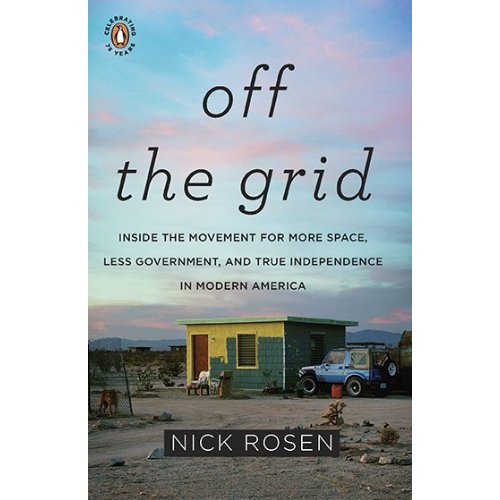
Imagine an enormous intentional community of 2,000 residents, all living sustainably off-the-grid. This is what Nick Rosen is noodling over since working on his book, ![]() Off the Grid
Off the Grid.
As he traveled while researching stories for his book, he met many people making off-the-grid lives work in remote places. But he also learned how tough it can be to do it all alone. Nick found that the folks making it work well, relied a wider network of people. From this exploration the idea to create a sizable sustainable off-grid community came together.
To do it right he figures he’ll need to raise about $200 million. That seems like a lot of money but he’s of the mind that to make it successful from the start there would need to be the right mix of infrastructure and expertise in place. The cost of an average home would cost in the $150,000 range.
Nick says he is currently working to build the multi-disciplinary team, and the secure the funds that will be needed. He’s also on the lookout for land, possibly in the form of an investment in the project. In fact he told me, “I will swap my first edition of Walden for 25 acres of South facing mixed farming and woodland.”
We’ve not chatted about the possibilities of tiny houses, but I suspect Nick would be open to listening to just about any off-the-grid sustainable living strategy. Who knows… maybe this off-the-grid city dream of Nick’s could include a tiny house eco-village as one of the neighborhoods.
To learn more about living off-grid visit Nick’s website, off-grid.net.

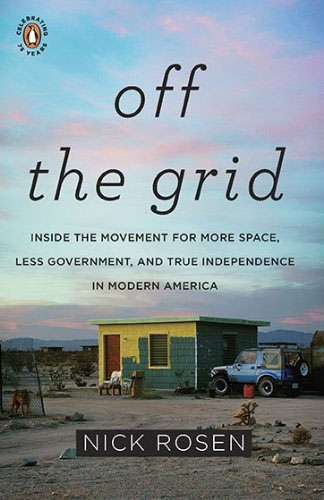
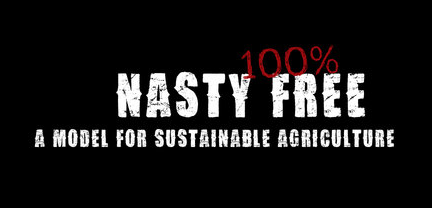
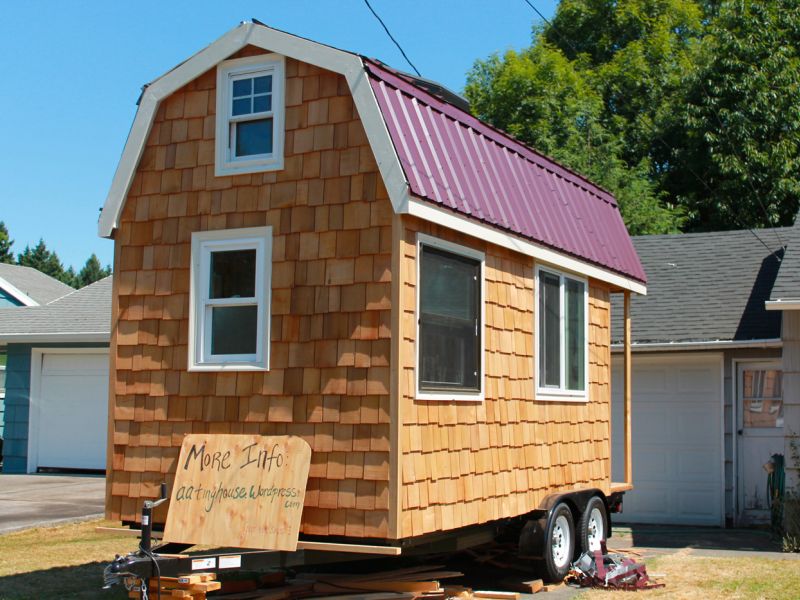
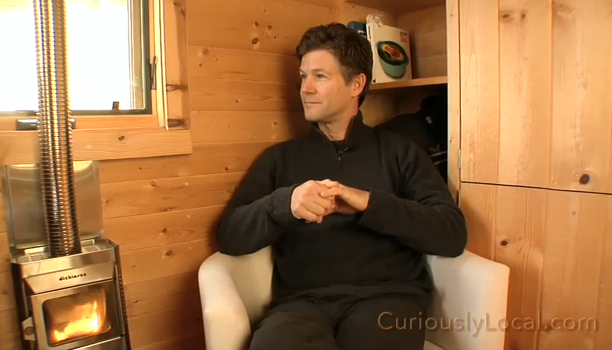
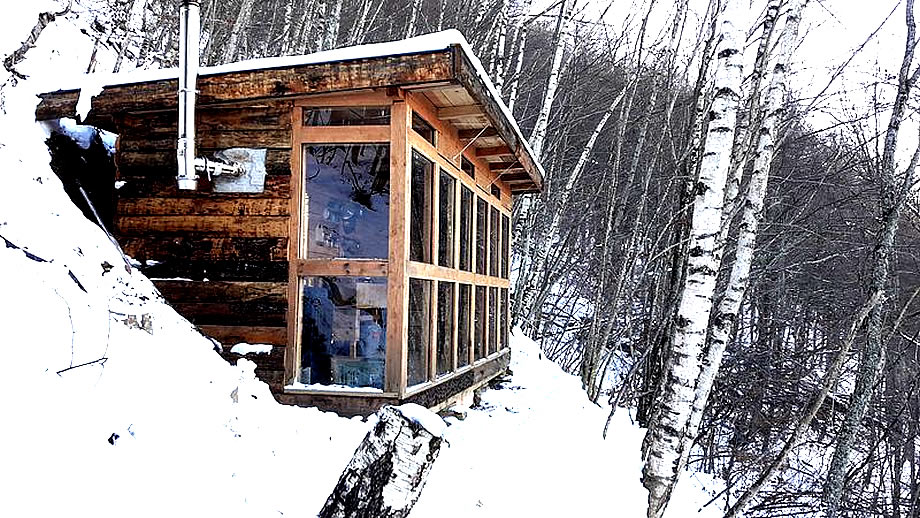
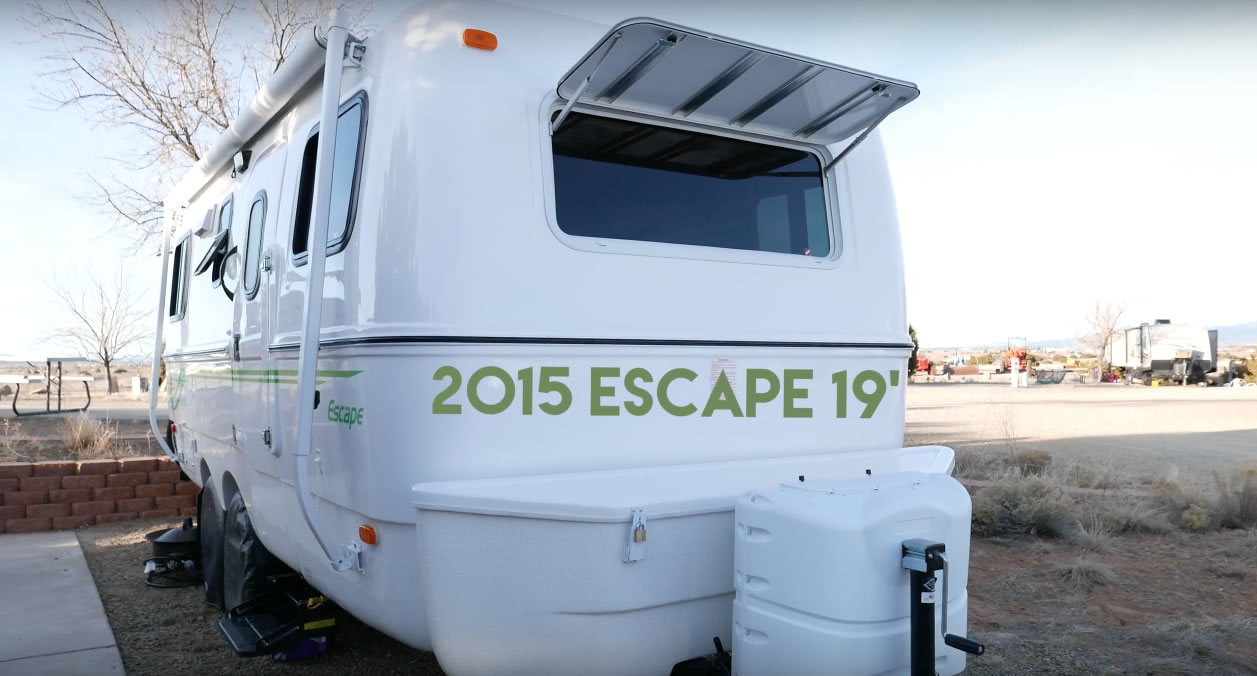
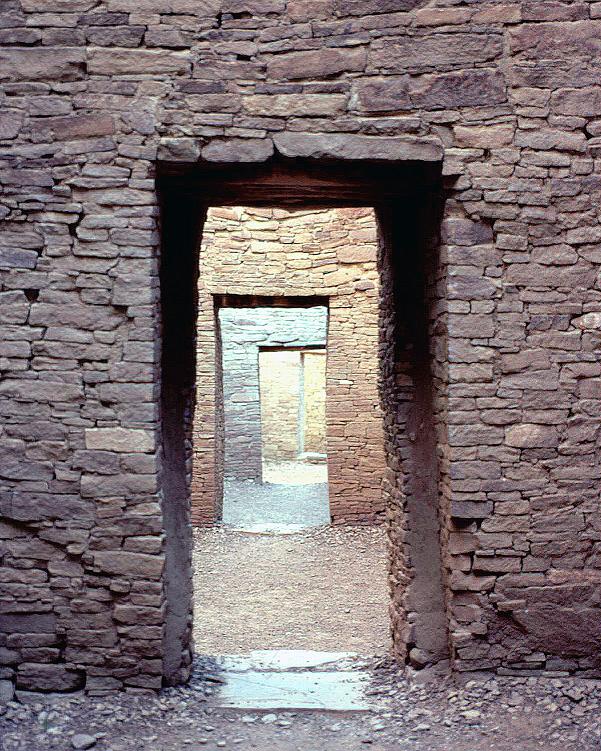
So many books, so little time- this one looks great! I’ll have to get a copy and review it soon-ish for the blog and tv/web show. Very cool…and thanks for the heads up Michael!
-Deek
Relaxshacks.com
The irony of modern (n.) america is that in order to achieve the american ideals, you must escape from america. Surely it’s time for a new revolution?
$200 million? Aren’t we just replacing one grid for a different, possibly less reliable one, grid?
I keep running up against the same problems with these alternative community ideas over and over again. Too many to list. Just a couple of mentions:
At some point does this just turn into a variation on the trailer park theme, or some sort of ramshackle subdivision?
Another problem, there are so many people in the world, how do we avoid the conclusion that high density is the only workable solution for the vast majority. If we plan to leave room for wild animal populations (and what would it profit a man to gain his freedom only to lose his fellow creatures?), we had better consider that adding people to un-peopled land stresses wildlife. We are losing species at an incredibly rapid rate.
Maybe what makes this whole off-the-grid thing work (to the extent it does) is its very haphazardness. Communities of this sort may not work at all. They may turn out to resemble refugee camps more than anything else.
Let’s everybody, when we get a chance, sit down and imagine ourselves in such a community. Visualize it. What would life be like there? What is the downside? Consider the downside first. Thinking is hard, we have a limited capacity for it. So tackle the hard stuff first.
I wish there were an edit function.
By \haphazard\ I meant that communities of tiny houses might not work, that possibly the only way the tiny house, off-the-grid idea works is with individuals living in hidden, out of the way places, and not as part of a group.
I will say this: If this movement ever embraces the bulldozer the way conventional development does, count me out.
Starting off from the money angle is a bad sign. $200 million? What does Nick want to be, Donald Trump?
I suggest Nick start with THE PEOPLE first, since the people, not the money, will determine the success or failure of such a venture.
I think that once he started finding the right people, he wouldn’t think he needs $200 million worthless pieces of Bernanke.
I don’t see why an OTG house needs to cost $150K. If all you get for that is the house shown on that cover — good luck.
I’m working on an OTG micro neighborhood concept for low income retirees. It includes gray water, solar, composting, raised beds, shared kitchen/laundry and a natural pool all done with recycled materials. I figure the houses will cost less than $10K apiece. Total buy in for 15 tiny houses on an acre will be right around $18K. Property is owned in common.
Please think about the reason people need tiny houses. It’s not all just about small footprint. Sometimes it’s also about quality of life and affordable price.
IMO of course.
Deb,
Please provide more details when you can. Your project sounds great!
It’s really just in the planning stages. I’m also working on my BA right now too. I’m 10 years from retirement and I want to have a quality life. I know others do too. I’ll have income but not what I was counting on thanks to what happened over the last 2 years.
I’ve looked at Earthships/Earth houses, rammed earth, strawbale etc It’s the tiny house concept that gives the best value for the investment. If you want to discuss this further you can email me: snowdogslife at ya hoo dot com.
Hey, great idea. I have my concerns, but it could work. The thing that would make it work is limiting it to retirees, I think. But if it were a diverse community you’re gonna have problems with that kind of density.
I live in a small single-wide trailer on a 1/3 acre lot in a suburban neighborhood. I absolutely hate it, and am planning my escape within the next 6 months. I can’t get away from my neighbors’ noise no matter what I do. It’s a mixed race, age and mostly poor area. I want to kill the son of a bitch that came up with the boomcar idea.
I can’t imagine having 4 other homes on my lot. That’s pretty darn dense. But come to think of it, since I’m going to be renting my place out, maybe I should consider turning it into a little trailer park.
Downs,
The whole intent is a retirement community. 15 is just a ballpark figure as is 1 acre. I will get as many acres as I can. And because most cities have housing codes that are too restrictive, (ex: must be at least 900 sq ft), I’ll be looking in places without or with minimal code.
What is such a big deal about living off-grid?? It really hasn’t been that many years since the majority of people in this country lived off-grid as the normal course of life. I lived in a log cabin with a dirt floor as a baby, and lived semi-off-grid at various times prior to being a teenager in the 60s. My mother & step-dad lived off-grid in the Missouri Ozarks & had a very relaxed, satisfying lifestyle into the 70s. They finally gave it up when they bot older, but again, it hasn’t been that many years ago that people didn’t have a choice of off-grid or not. All it really takes is a conscious decision to ignore all the (unnecessary) technology that has invaded our lives starting (in rural areas) basically starting int the 1930s & 40s, but there are still people living off-grid just because that is their life-style. I am not in that category myself, but I would not have any problem going up into the hills with a few basic tools & living there for whatever length of time was necessary.
olmon
I think for those of us who have always had to pay for everything at hugely inflated prices, OTG without giving up too many of the modern conveniences is revolutionary.
I’m talking about a modern, though small home using sustainable technology. Yes it can get expensive if you want it to, but if I live simply, as I do now, the cost could be kept to a minimum.
$150,000.00 no way, that is not less is best nor is that going to simplify anyone’s life. Where would you live off grid that you could afford a $150,000.00 house?
What happens when this “off grid community” strings power lines among themselves to share power? And then a doctor, and then one guy becomes a security guard, and another has fire equipment.. It’s not off grid anymore. It’s a grid. But that’s not a BAD THING.
This is right where the rubber hits the road of how we want to live. I’ve poked around this whole tiny-house/ sustainable-design / survivalist / resilient / off-grid / urban-homesteading / farm-to-table / back to the land / hippie / libertarian / whatever you want to call it collection of subcultures for quite a few years now.
On the right you have people duplicating their entire suburban lifestyle with a giant pickup truck, a stockpiled bunker of canned food and a collection of weapons just waiting for the collapse of civilization. On the left(ish) you have people running biodynamic wind-and-solar-powered farms or living in eco-friendly tiny houses. There’s an independent streak to all of it, a distrust of existing government and overculture, and a general thread of “screw you guys, I’m going over here and doing it the right way”. A community based on such people is doomed to splinter to pieces.
I don’t want to live alone in a shack in the woods (except when I’m packed on my morning subway commute) and the goals of tiny-house living and off-grid living are not exactly convergent. We are part of a larger community whether we like it or not, and the most “off grid” existence is still dependent on trips into town to buy supplies and equipment, even if you raise and grow all your own food. We need to live together and figure out how to live together. Spreading out into the wilderness eventually destroys it.
When you take a bunch of tiny houses and stack them together you have an apartment building. Urban dwellers can learn many lessons from tiny-house design. We all need to.